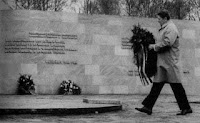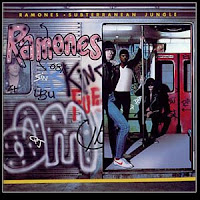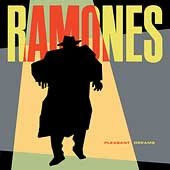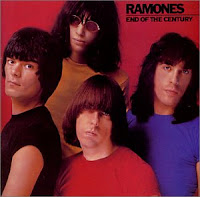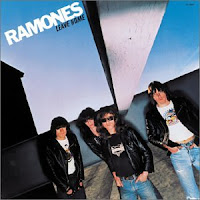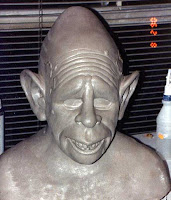
I learned last week that my name is on the Wall of Champions in the wrestling room at my former high school.
Weird. Deserved, inasmuch as I did win conference regular season and tournament championships in both my junior and senior seasons, but still very weird.
To begin with, I have never been a great athlete. In my most self-aware moments, I'd probably even admit to never being a particularly good athlete. The whole reason I took up and stuck with wrestling after I had tried and quit baseball, basketball, and football was because wrestling didn't instantly make my heaviness, slowness, and extreme near-sightedness and lack of depth perception insurmountable barriers to achievement.
But even then, it was essential to any success I enjoyed that I wrestled in the heavyweight class. Picture some
high-quality amateur wrestling. Be assured that was not the kind of wrestling I did. Picture more of a sumo match that involves no rice throwing and a lot of lying flat on one's stomach.
While I took pride in being the best pusher and splay-outer in my conference for two years running, it needs to be noted that the conference included just six teams and that not every team had a heavyweight wrestler. If memory serves, I won two matches at the conference tournament my junior year and three matches at the conference tournament my senior year.
It also needs to be noted that my glory ended at the conference level. Stupid wrestling my junior year and a tough but fair call my senior year prevented me from going anywhere in the state tournament. The stings of these disappointments were compounded by the overwhelming success of my

teammates at the state level both years.
And as if being overshadowed on my team wasn't tough enough, I was far from being the best athlete in my immediate family. That honor would go to my all-high school-everything sister Peggy. I was even farther from being the best athlete in my extended family. That honor could go to any number of my cousins who, respectively, played NCAA Division I football, soccer, and softball.
So what the hell is my name doing on that wrestling room Wall of Champions at my old high school? And what must a kid think when he sees my name up there?
The answer to the first question -- already stated quite simply -- is that for two years in the late 1980s,
I beat the kids who weighed close to what I did and lived nearby. That counts.
Trying to come up with an answer to the second question that goes beyond "nothing" is what makes having my name on the wall weird and why I was prompted to assay this rambling essay.
Unfortunately, "nothing" seems to be the only possible answer other than a rare, random, and quickly dismissed without follow-up, "Who was Ed Lamb?" Those would certainly have been my reactions to some guy who got his name stenciled on a wall just because he captured some meaningless sports title two decades ago.
I suppose I should be a little bummed that my athletic legacy is essentially a blank, but in actuality I'm glad. Knowing me as well as I do, I know that I should not serve as an inspiration to anyone who wants to be a successful wrestler.
First, I wasn't all the great in my time or even in the
sepia-tinting mind's eye of reflection. For their sake, I hope all the wrestlers in that room my name overwatches wind up being better than I was. Second, I have other signature accomplishments in which I can take pride and which I would be happy to see others hold in esteem. Those noteworthy accomplishment are often "signature" in the literal sense that I am a bylined writer.
Still and all, I recognize that it is better to have my name on that wall for the right reasons than in the papers for the wrong reasons.


